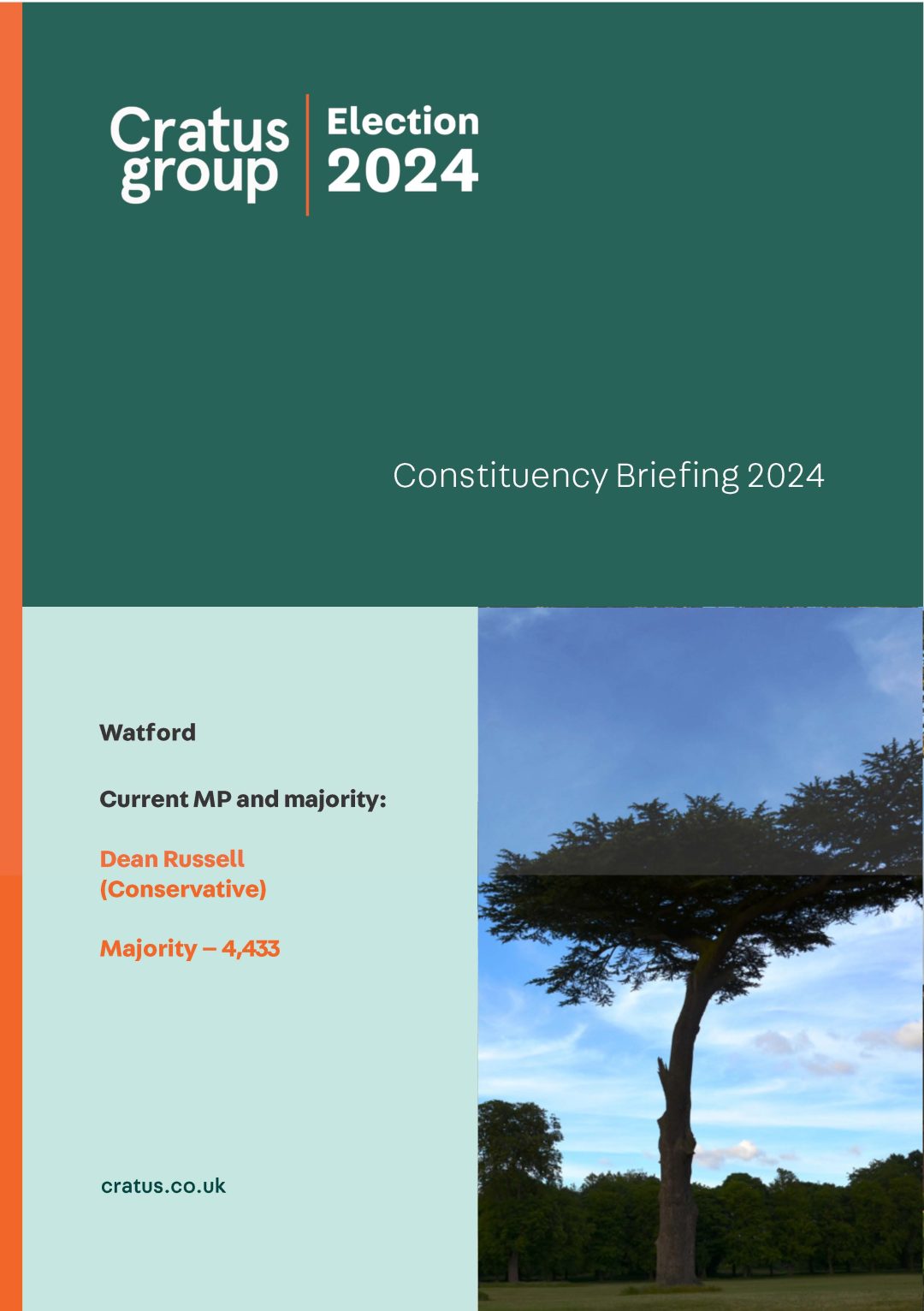Time for tighter scrutiny at local level?
Parliamentary Select Committees have provided us politico-nerds with some of the most memorable moments in recent years. Think the father and son Murdoch appearance in front of the Culture, Media and Sport Committee in 2011, or Margaret Hodge’s swashbuckling performances as chair of the crucial Public Accounts Committee. As well as slapping the wrists of corporate giants, these committees have done critical work in holding the government to account, even on occasion acting as whistle-blowers on some less-than-squeaky-clean activities.
Is it time we had a taste of this at local level? This is the suggestion from a report by the Communities and Local Government Committee. Introduced in 2000 as a counterbalance to the centralisation of power around the council leader and cabinet, the current system of scrutiny committees has since proven not robust enough for some authorities.
As more powers are devolved to local authorities, and as they increasingly pursue revenue via commercial routes, it seems perfectly sensible to tighten up scrutiny on decision makers and budget holders. Meanwhile, services are increasingly provided by external parties, so scrutiny committees frequently find themselves dealing with private contractors. As the report notes, these businesses often do not understand the democratic nature of the beast with which they are working, and vice versa. More information sharing and transparency on both sides would go a long way to improving public/private contracts; we have all seen the devastating consequences of failure.
Concern is also raised about patchiness in the democratic oversight of Local Enterprise Partnerships (LEPs), particularly those operating alongside new combined authorities. The report argues that the levels of accountability expected for LEPs seem to differ – something that we ourselves recognise. Clarity on the relationship between a LEP and its upper tier authority is urgently needed.
Back in Westminster, ‘box office’ TV moments have secured select committees’ status as levers of accountability in the public eye. They have visibly and tangibly adjusted the balance of power between the Government and Parliament. Whether a local government equivalent could echo this sufficiently to change the mindset of councillors and officers is debatable but, as the report states, that is what’s required.
We are some way off – a change like this will require legislation – but if it does come to pass, stronger scrutiny of councils’ executives and officers, and the contractors with which they work, will demand all to be on the top of their game and to understand each other more fully – something Cratus has worked towards since its launch in 2009.







